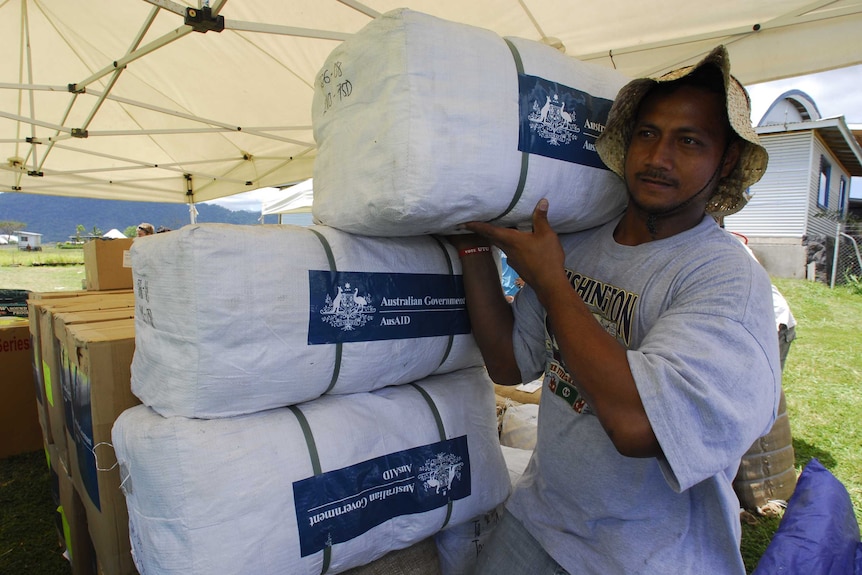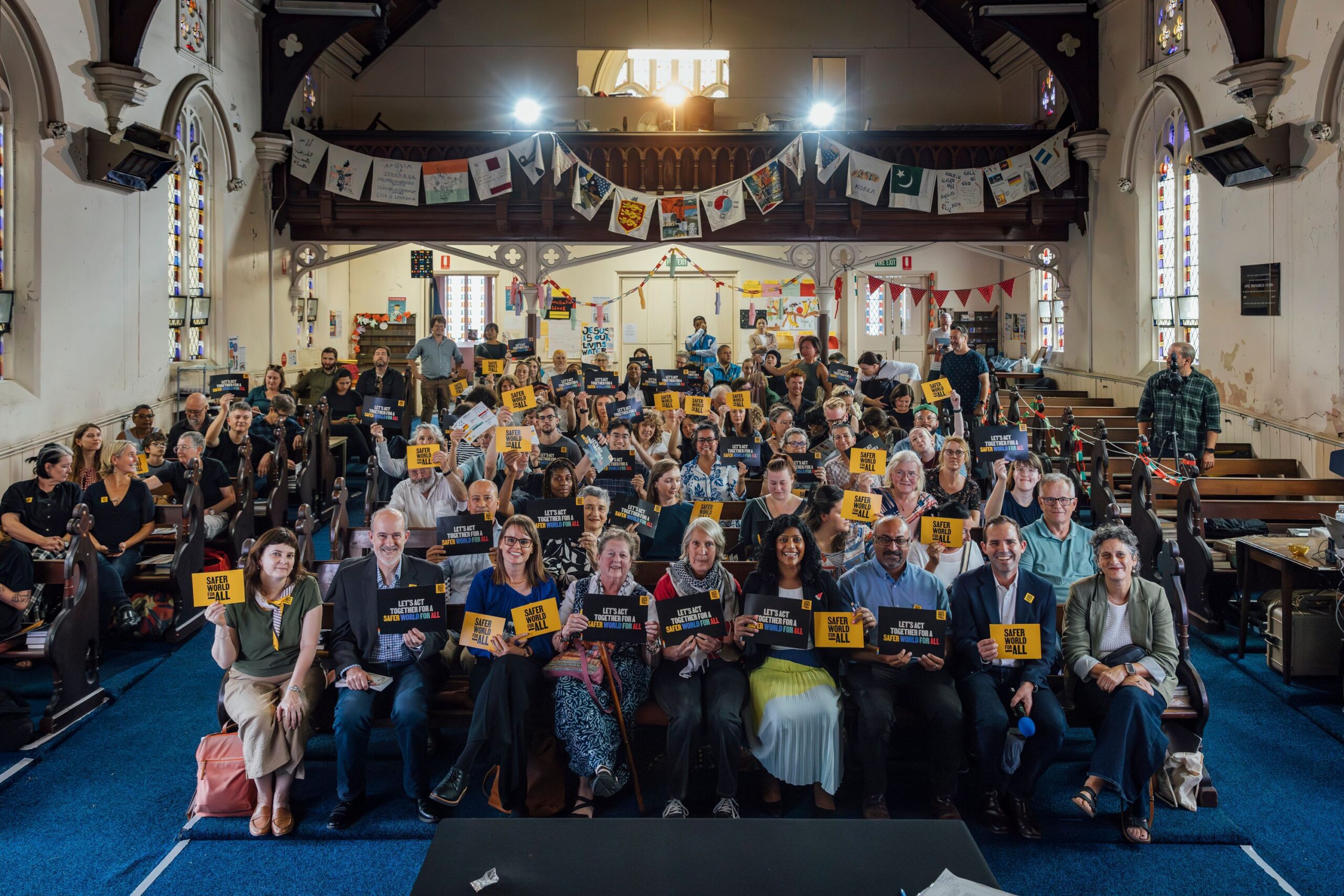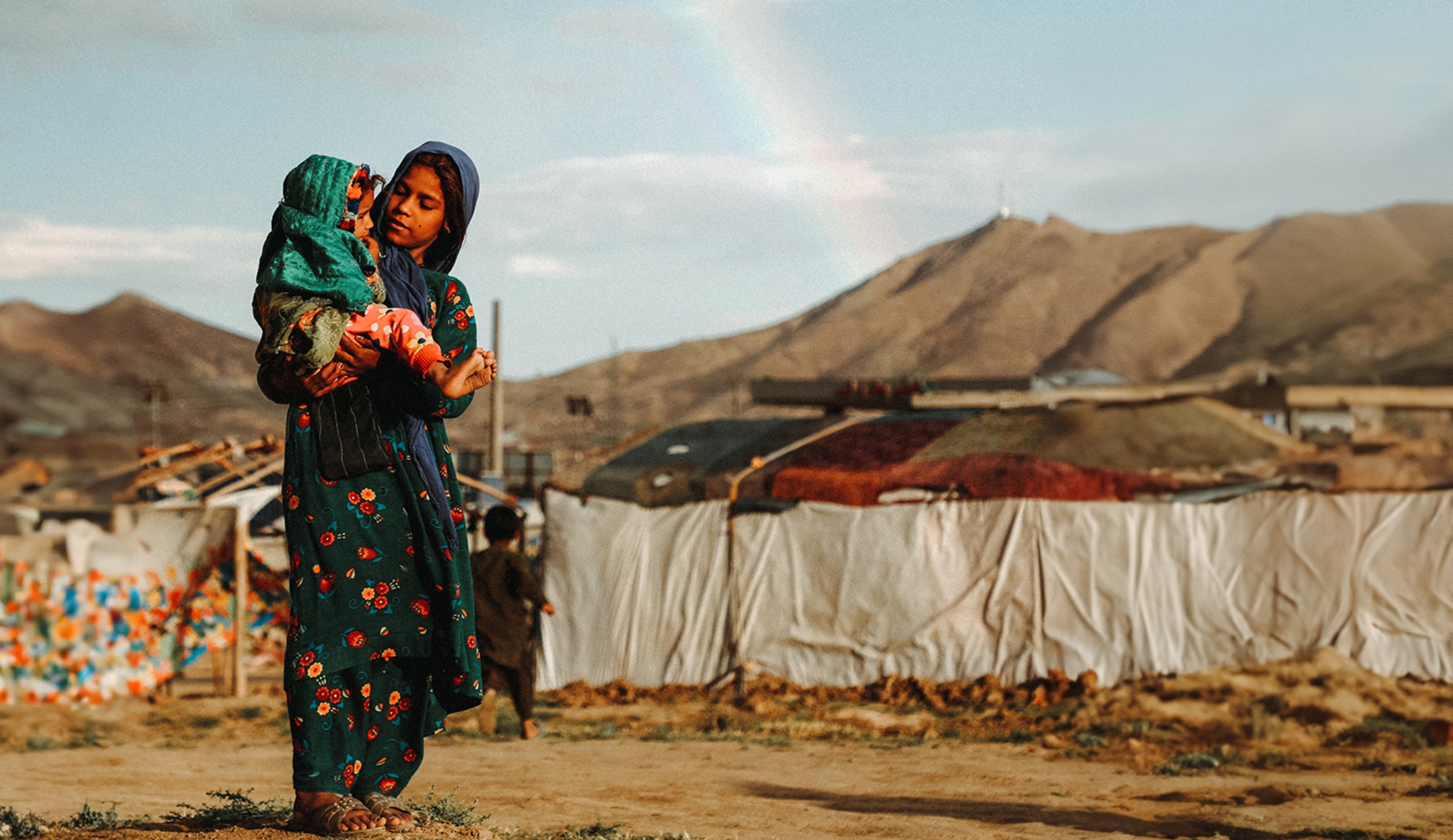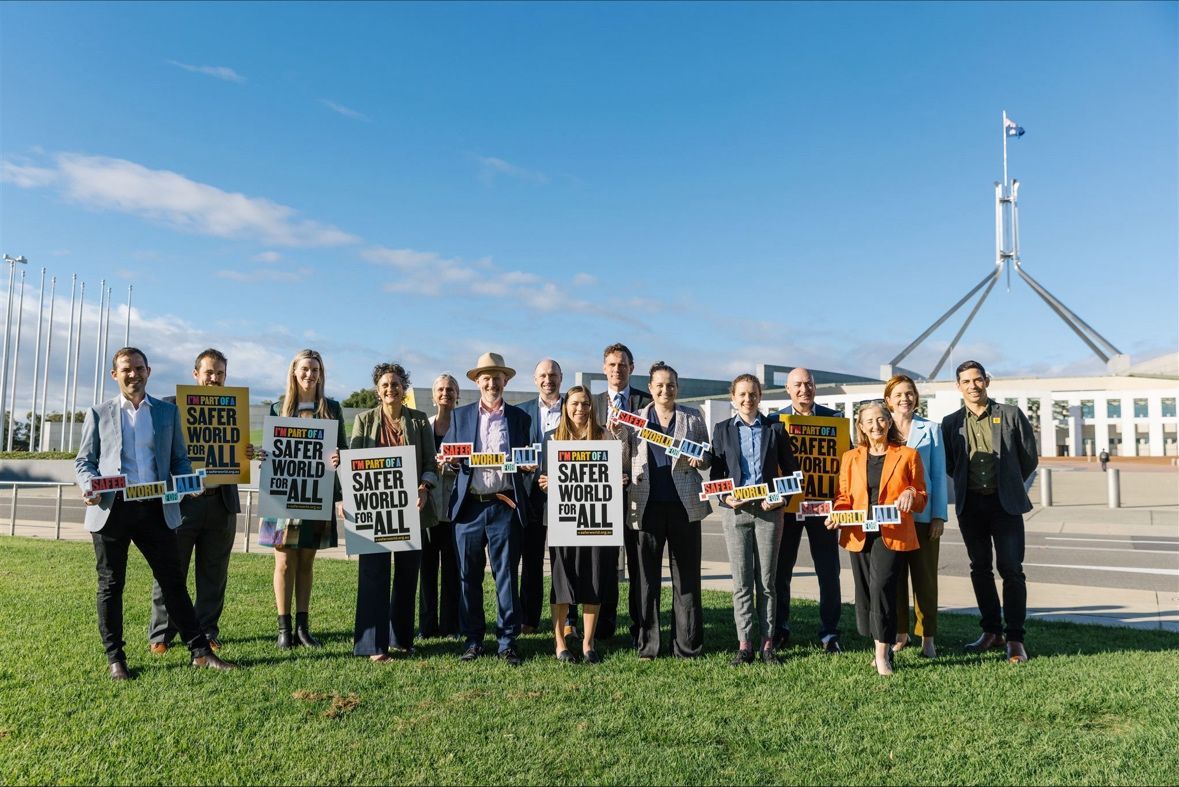
Australia must invest more in overseas development to prevent the world slipping towards crisis points that threaten our stability and prosperity, according to a budget discussion paper launched today by an alliance of prominent Australians from the medical, trade union, business, and aid sectors.
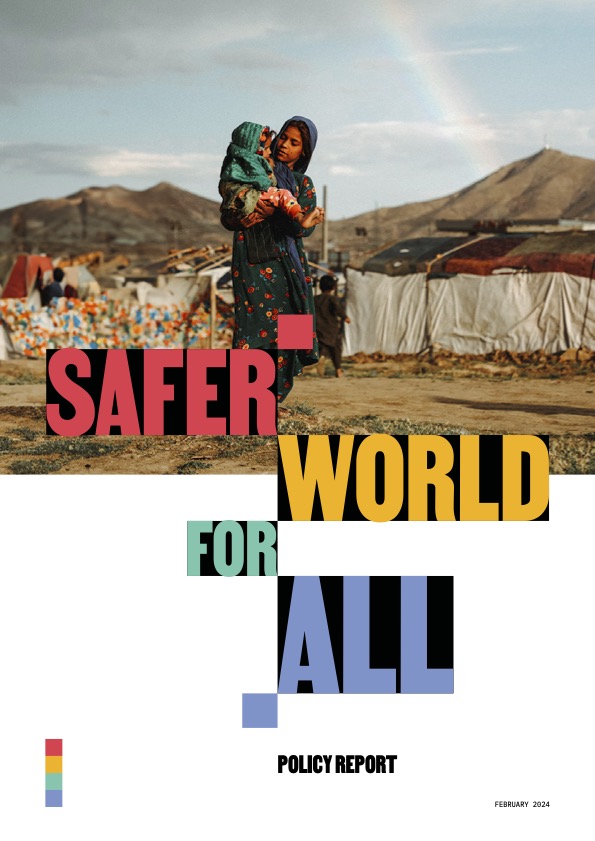
VIEW PAPER HERE
The Safer World For All Commonwealth investment case will be launched at parliament by Caritas chief executive Kirsty Robertson, ETU National Secretary, Michael Wright and Burnet Institute Director and CEO Professor Brendan Crabb AC. They will be joined by the Member for Goldstein, Zoe Daniel.
The paper notes that on present trends, by 2030, about seven per cent of the world’s population (575 million people) will live in extreme poverty with 600 million people chronically undernourished. Approximately 84 million children will be out of school, 660 million people will not have access to electricity and the cost of supporting nations to deal with the impact of climate change will balloon to USD $671 billion.
The climate financing needs of developing countries will be $US2.4 trillion and the probability of crop yield failures is projected to be 4.5 times higher by 2030 and up to 25 times higher by 2050.
“These are the preconditions for a violent, volatile and unstable world,” Kirsty Robertson said. “The invasion of Ukraine, combined with hotter, more dangerous weather has already given us a forewarning of what this looks like. As crises overlap and morph, they can quickly degenerate into generalised catastrophes.”
The investment case calls for the Humanitarian Emergency Fund to be doubled to $300 million annually to respond to crises as they happen, an additional $350 million investment to better prepare for mounting natural disasters and protracted humanitarian crises, and an expansion of Australia’s foreign aid budget to 0.37% of gross national income by 2027 with a bipartisan commitment to reach 0.5%.
Australia is also called upon to support global efforts to make debt, tax, trade, and investment fairer for the developing world alongside an annual commitment of $4 billion for global climate finance contributions.
“Two decades of global co-operation and progress are at risk of being squandered.” Robertson said. “The world’s inroads against infectious diseases and empowering girls and women were abruptly cut short when Covid swept the world. There is no steady state or holding pattern – we either invest to get back on track or allow global progress to unravel.”
Representing Australian trade unions, ETU national secretary, Michael Wright said solidarity with Australia’s pacific neighbours ultimately served Australia’s national interest.
“As a smaller nation reliant on global trade, we must remember that when our region prospers, we prosper. Ten of our top 15 export markets today are countries where we once provided foreign aid. Investing in our region reduces the risk of war and boosts stability.
“Australia and Australians lead the world in renewable energy. As we confront this global crisis, we must work with our Pacific brothers and sisters to upskill the region and make sure they also share in the massive opportunities presented by clean, abundant, emission-free energy.”
Burnet Institute Director and CEO Professor Brendan Crabb said the recent experience with the COVID-19 pandemic highlighted just how connected we were.
“As we’ve just seen, pandemics don’t respect borders. So in ending this pandemic and in preparing for the next, helping our neighbours improve their health care capacity is not just an ethical imperative although it very much is, it also serves our own self-interest. It is a win-win,” he said.
The paper will be launched at Parliament’s mural hall at 09:15, supported by the independent member for Goldstein, Zoe Daniel.
Contact: Nick Lucchinelli 0422 229 032 or Georgie Moore 0421 943 293
